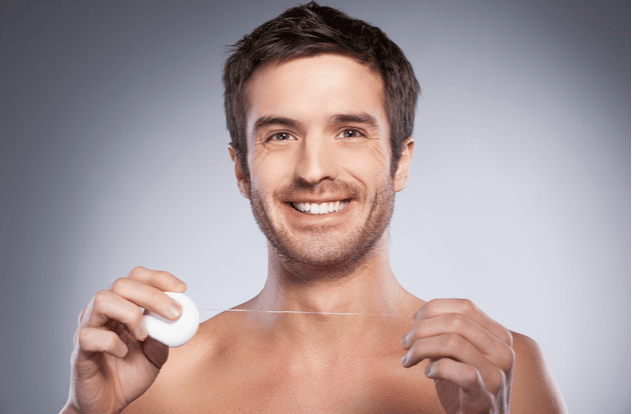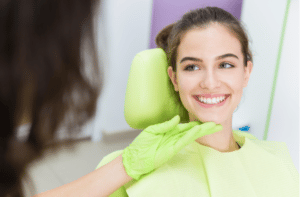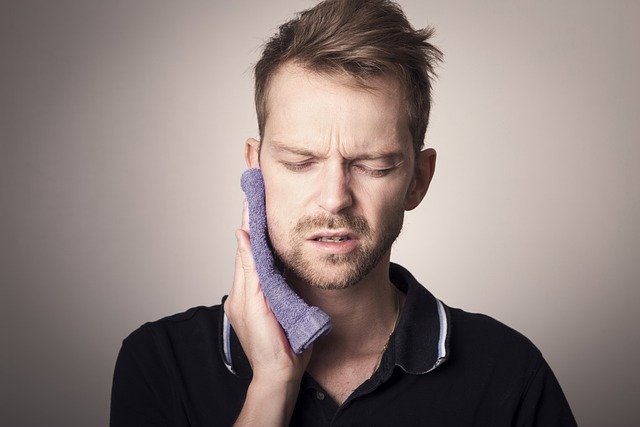How long can I go without visiting the dentist?
 You probably know that you should see the dentist regularly to maintain a healthy smile. But why? What happens if you don’t maintain your routine evaluations and cleanings with Dr. Ania Mohelicki and her team in Boulder, CO? Let’s talk more about conditions that can impact the smile and how often you should make an appointment with your dentist.
You probably know that you should see the dentist regularly to maintain a healthy smile. But why? What happens if you don’t maintain your routine evaluations and cleanings with Dr. Ania Mohelicki and her team in Boulder, CO? Let’s talk more about conditions that can impact the smile and how often you should make an appointment with your dentist.
What are some conditions that can worsen if I don’t see my dentist regularly?
There are a variety of oral health problems that can develop if you are not seeing your dentist on a regular basis or caring for your smile. This includes:
- Cavities. Tooth decay is the most common dental problem seen when you are not taking care of your teeth and gums with everyday brushing and flossing. Finding cavities with the help of a dentist in the earliest stages is the best way to ensure they do not worsen or become more serious.
- Periodontal disease. Also known as gum disease, periodontal disease causes an infection in the mouth that starts with the gums. Bleeding, swollen, and red gums are an indication that this condition has started, and problems such as gum recession, loose teeth, and lost bone can occur.
- Tooth loss. When the smile is not properly cared for, it can result in tooth loss. This is often due to jawbone loss with severe periodontitis that causes the teeth to lose their foundation. Tooth loss may also occur with the removal of teeth that are badly damaged by severe tooth decay.
How often should I see my dentist?
It’s important to see your dentist routinely, at least once every six months. This way, your dentist can help keep your teeth and gums healthy and catch any problems early on. If you have a medical history of dental problems, or if you’re at high risk for them, you may need to see your dentist more often.
Schedule a visit with our team today!
If it’s been a while since you’ve seen a dentist, or if you’re experiencing pain or other issues with your natural teeth or gum tissues, don’t hesitate to make an appointment with Dr. Ania Mohelicki and her team in Boulder, CO. Call 303-872-9940 to request a visit and find out more about caring for your smile and maintaining healthy teeth and gums!




 Professional dental cleanings are just one part of good oral health and wellness. Dr. Ania Mohelicki and her team often hear patients ask, “why are these routine cleanings important?” She can help you understand why prophylaxis, or
Professional dental cleanings are just one part of good oral health and wellness. Dr. Ania Mohelicki and her team often hear patients ask, “why are these routine cleanings important?” She can help you understand why prophylaxis, or 





